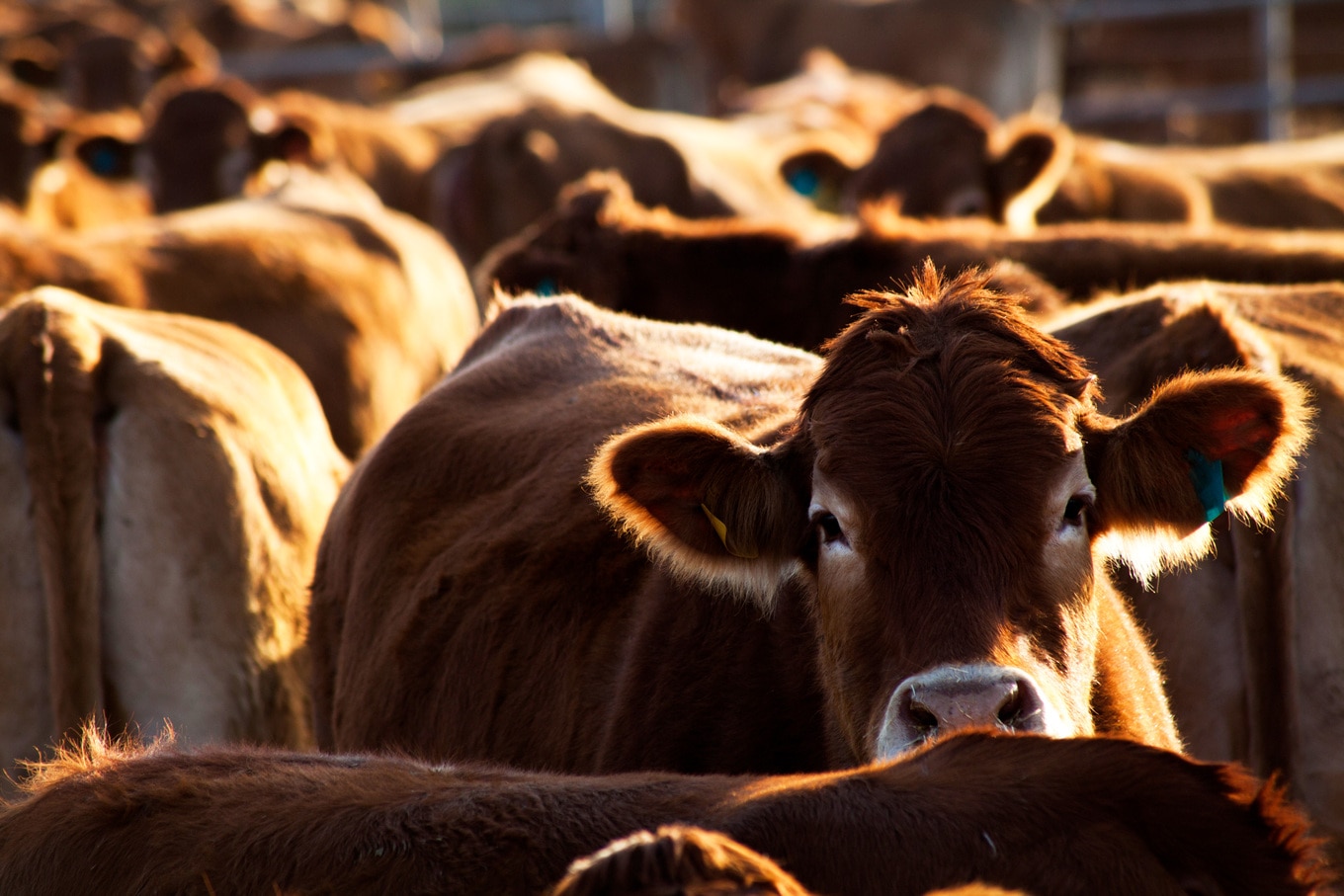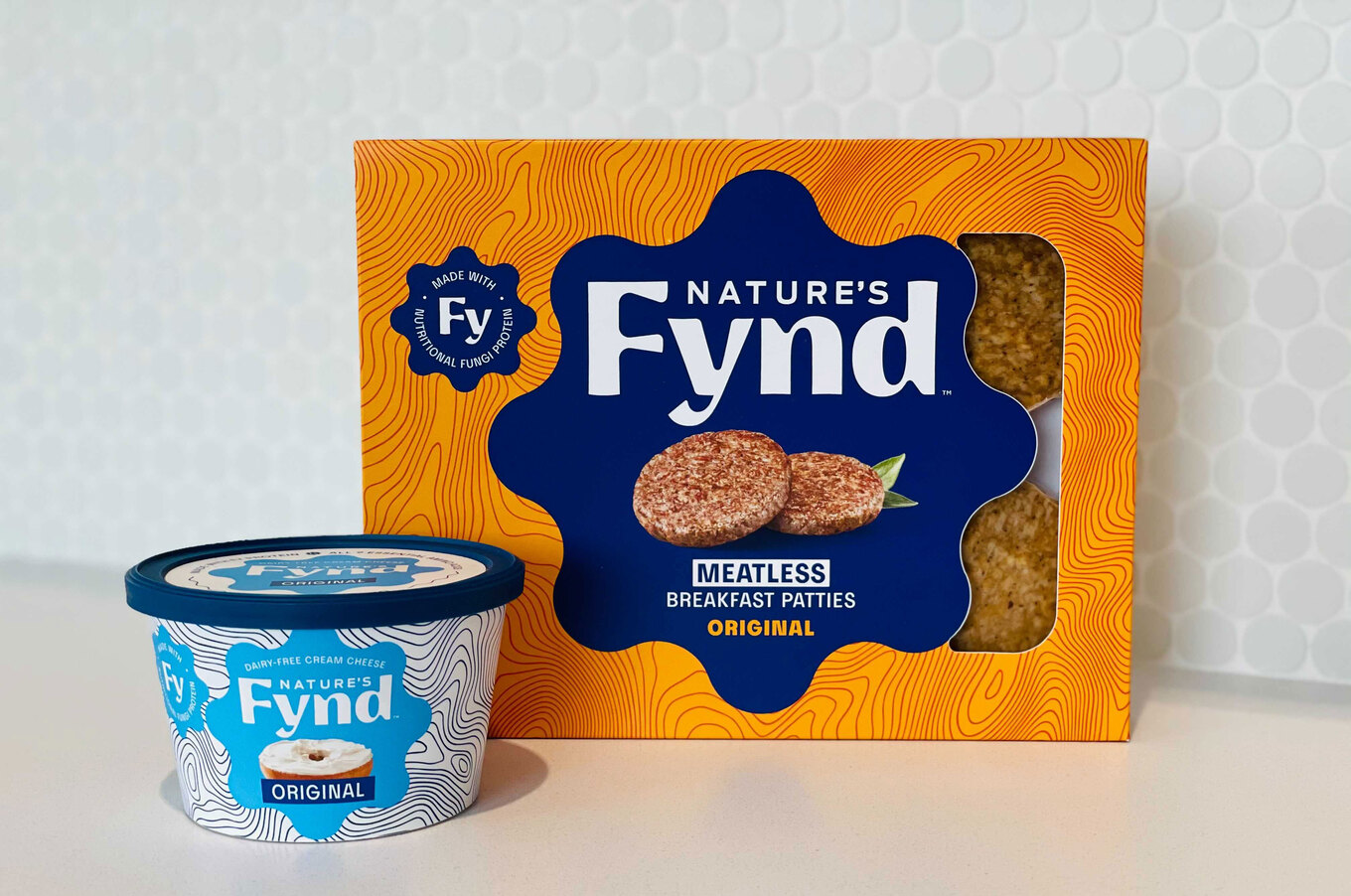Shifting the world’s meat production from cattle to microbial fermentation can have extraordinary effects on the planet, according to a study conducted by researchers at the Potsdam Institute for Climate Impact Research (PIK) and published today in the scientific journal Nature. Researchers in Germany and Sweden used computer modeling to determine the effects of producing meat using microbial fermentation in the context of the global food system from now through 2050—when the human population is expected to reach 10 billion.
PIK found that replacing 20 percent of traditionally produced beef with fungi-based meat produced using microbial fermentation results in a 50-percent reduction in deforestation by 2050, along with other environmental improvements. “The food system is at the root of a third of global greenhouse gas emissions, with ruminant meat production being the single largest source,” the lead author of the study Florian Humpenöder said in a statement. “The substitution of ruminant meat with microbial protein in the future could considerably reduce the greenhouse gas footprint of the food system.”
Producing meat in this way involves microbes taking the place of cows in protein production. They are fed sugars and produce proteins in cultures similar to the way beer and bread is made and the resulting meat is far more environmentally friendly given the savings in resources such as land and water—which is used both to grow feed for ruminants and to feed and water them directly. This method also substantially slashes greenhouse gas emissions, in particular methane, a powerful gas emitted by cows through burps and farts.

“The good news is that people do not need to be afraid they can eat only greens in the future,” Humpenöder said. “They can continue eating burgers and the like, it’s just that those burger patties will be produced in a different way.”
Making vegan meat with microbes
Microbial fermentation is not a new concept and has been used in the food industry for decades. In 2002, the United States Food and Drug Association (FDA) greenlit the use of “mycoprotein”—or protein made using this fungi-based fermentation—in food. Currently, Quorn is the company best known for using mycoprotein to make its products which include meatless chicken, burgers, and grounds.
And this category is growing with new and exciting discoveries. Chicago-based Nature’s Fynd recently launched its innovative Meatless Breakfast Patties at select locations of Whole Foods Market nationwide. Nature’s Fynd makes its products using a unique protein it calls “Fy,” which has its origins in Yellowstone National Park.
 Nature’s Fynd
Nature’s Fynd
In 2008, the company’s co-founder Mark Kozubal, PhD, stumbled upon the microbe—called Fusarium strain flavolapis—while researching microbes that exist in extreme conditions for NASA. Kozubal isolated the microbe and, together with the team at Nature’s Fynd, created a fermentation technology that produced Fy, an animal-free complete protein that contains all 20 amino acids, vitamins, minerals, and fiber. In addition to making meatless patties, Nature’s Fynd uses Fy to make dairy-free products such as vegan cream cheese.
“Biotechnology offers a promising toolbox for a number of land-related challenges from ecosystems preservation through improving food security,” PIK study co-author Alexander Popp, who also leads PIK’s Land Use Management Group, said in a statement. “Alternatives to animal proteins, including substitutes for dairy products, can massively benefit animal welfare, save water, and avert pressure from carbon-rich and biodiverse ecosystems.”

Slashing meat consumption to save the planet
The findings from PIK follow a report released last week by researchers at The University of Bonn in Germany who advised that in order to meet climate goals—and avoid planetary catastrophe—wealthier nations must reduce their meat consumption by at least 75 percent. And reducing traditional meat consumption does not have to mean that humans need to stop eating meat—only that its production method must change.
The PIK study looked only at the environmental benefits of replacing beef with meat made using fungi-based microbial fermentation. However, consumers can make an even larger impact by replacing beef and other animal-derived products with plant-based alternatives, which are also far less resource-intensive. While only approved for sale (for now) in Singapore, cultivated meat—or real meat made using a small number of animal cells grown in a lab-setting and scaled in a brewery-like process—has far-reaching environmental implications, as well.
“A large-scale transformation toward biotech food requires a large-scale decarbonization of electricity generation so that the climate protection potential can be fully developed,” Dopp advised. “Yet if we can do this properly, microbial protein can help meat-lovers embrace the change. It can really make a difference.”
For more about animal agriculture and the climate crisis, read:
We Only Have Five Years to Halt Climate Change, Says UN Report
Berlin Drops 96% of Meat From University Menus To Fight Climate Change
Biden Urged To Slash Us Animal Production by 50 Percent by 2040
JUMP TO ... Latest News | Recipes | Guides | Health | Subscribe









